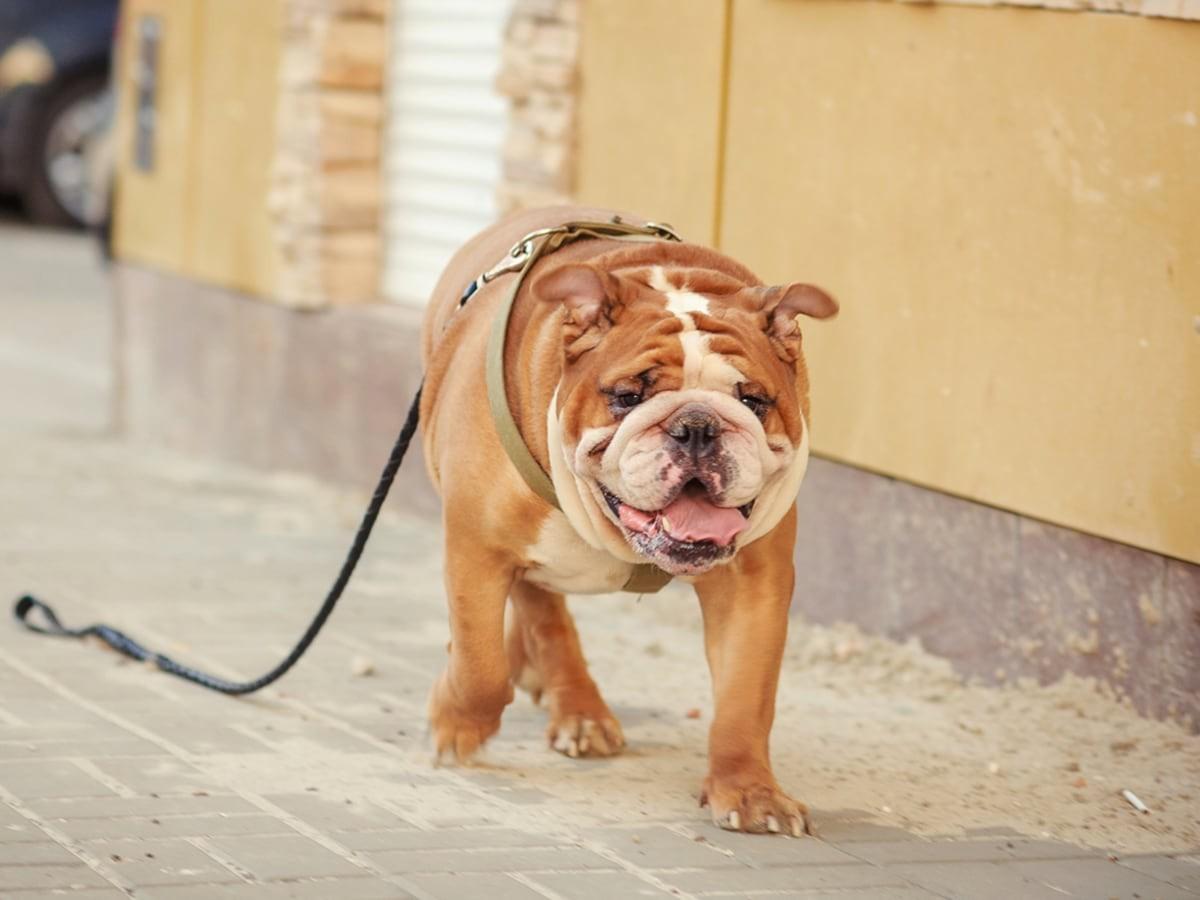Pets are family. We share a forever love with our animal companions; the years spent with them are often some of the most cherished of our lives. They add so much joy, friendship and love to each day. It can be so hard to say goodbye when the time comes.
Losing a pet can cause intense feelings of sadness and grief. It can be overwhelming and hard to sort through the painful emotions. We all respond to loss differently. The level of sadness we feel can depend on many different factors: the age of your pet, the circumstances of their death, the bond you had with them, and more. Other people may not understand the deep connection with your pet. Never feel guilty for grieving your beloved pet’s death.
Although a pet might only live for a few years, you are there for their entire life. Experiencing loss is an inevitable part of owning a pet. It’s important to learn how to cope in a healthy manner. You can come to terms with your sadness and perhaps eventually even open your home to another pet one day.
The grieving process
People experience grief in many ways. Overall, it is a very individual experience. Some find that it comes in stages while others feel that it comes in a series of highs and lows or waves of emotion. Although time will certainly help with the sadness you may be experiencing, a sight, sound, or memory can trigger a sense of grief even years later.
It’s important to understand that there is no specific series or timeline you should expect to follow when grieving a pet. Although some people may start feeling better in weeks, others may take years to fully cope with the loss of a cherished pet. No matter what your experience is, be patient with yourself and take the necessary steps to process the loss in a healthy way.
Sadness, loneliness or shock are all common reactions to losing a pet. These feelings are nothing to be ashamed of. If you feel like you need extra support during this time you shouldn’t be afraid to ask for it. Trying to ignore the pain will often make it worse in the long run. Actively deal with your grief by expressing it. If you don’t have anyone to talk to, try journaling or calling a support telephone line.
Healthy coping mechanisms
Grief for an animal companion can really only be dealt with over time. There are some tips to help you process your emotions in a healthy way.
Allow yourself to feel. If you are extremely sad you want to cry, let yourself. There’s nothing to be ashamed of and bottling things up won’t help you to move on. Your sadness
is your own and you shouldn’t let anyone tell you to “get over it.” On the flip side, some people feel much less sadness than they were anticipating and end up feeling guilty for not crying or experiencing grief in the same way as the other people around them. If this is the case, just know that everyone processes their emotions differently.
Think of the good times
Not everyone cries or has an easy time expressing sadness. When you’re ready, it’s okay to find joyful moments and let go. Handle your emotions in whichever way suits you best and you shouldn’t let anyone else tell you how to feel.
Practice self-care
Look after yourself. You likely know how you prefer to process emotions. Some people want to talk about it all the time, others don’t want to talk about it at all. A few pet parents might want to jump back into their daily routine and find distraction, while others need some time alone to process. Whatever the case may be for you, allow yourself to do what feels right.
Honor your needs
For the people that want to jump right back into their everyday routine or even pick up extra responsibilities or activities, don’t distract yourself so much that you don’t process your feelings. Do your best to listen to your needs and create an environment for yourself to grieve in a healthy way. Look after your physical and emotional needs to get through this time. Spend face-to-face time with people you love, get lots of sleep, eat a healthy diet, and get outside to exercise.
Care for other fur babies
Try to maintain your other pets’ daily routine. Other fur babies can also experience grief when their companion dies; they can also become distressed by your sadness. By maintaining their usual routine, you can maintain a sense of normalcy. Pets can become very distressed when their environment changes. This sense of normalcy will help them cope and understand that everything’s going to be okay. Exercising, playing, and loving them like usual will help make you feel better as well.
Seek professional help
Seek professional help if you need it. If your sadness is interfering with your ability to function in your day-to-day life or if you simply feel like you’d like to speak with a professional, speak to a doctor or mental health professional that can help you. You’re not always able to help yourself on your own, and that’s okay. A mental health professional can help take some of the weight off your shoulders by helping explain what you’re going through and giving you options for next steps.
Remember that coping with the loss of your beloved pet will take time. Here at Spot Pet Insurance, we’re here to help you move forward as best as you can. We understand how hard this period can be, but know that you can get through it.

With 10 years of experience as a pet parent, I aim to empower pet owners with insights into pet insurance and maintaining their pet's well-being. I aspire to be a trusted source, combining knowledge with a commitment to the welfare of our beloved pets.
www.helpguide.org
health.clevelandclinic.org
www.humanesociety.org












